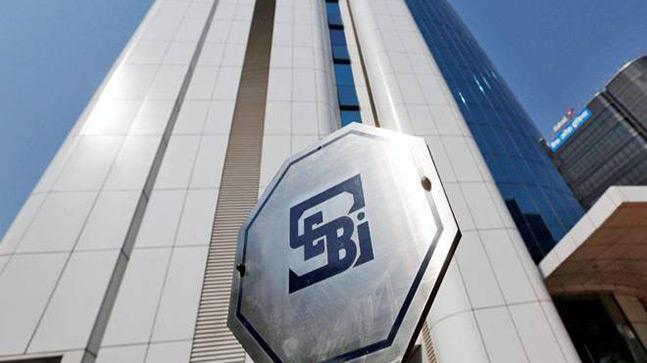The Securities and Exchange Board of India (SEBI) this week published a framework for an innovation sandbox which would allow non-regulated fintech firms and entities to test their proposed solutions.
The regulator noted that encouraging innovation in financial technology (or fintech) would have a profound impact on the development of the securities market.
“FinTech can act as a catalyst to further develop and maintain an efficient, fair and transparent securities market ecosystem,” it said and proposed an innovation sandbox to that end.
Sandbox participants would get access to securities market-related data, which would enable them to test and improve their fintech solutions. SEBI said that the data sets, such as relating to KYC data, holding data, stock exchange data, and mutual funds transactions data, would be historical and anonymized.
The operations of the sandbox would be supervised by a governance body comprising of representatives from the Stock Exchanges, Depositories and Qualified Registrar and Share Transfer Agents. In addition, an operational team would be established to carry out the day-to-day activities of the sandbox.
The regulator further listed a number of benefits that participating firms would enjoy. This includes access to a platform to showcase the working prototype of their solution which may help them secure more funding, assessing regulatory compliance of their products, and determining interoperability of new solutions across the industry, among others.
Last month, the Reserve Bank of India (RBI) also laid out details of its fintech sandbox. Importantly, the sandbox would allow testing of various applications of blockchain technologies and smart contracts, but would not allow testing any products/services/technology involving cryptocurrency services, trading/investing/settling in crypto assets, and Initial Coin Offerings, (ICOs), among others.
More recently, a number of technology industry lobby groups and fintech startups urged the central bank to include cryptocurrency and other related crypto-assets in the regulatory sandbox framework.



























Comment 0